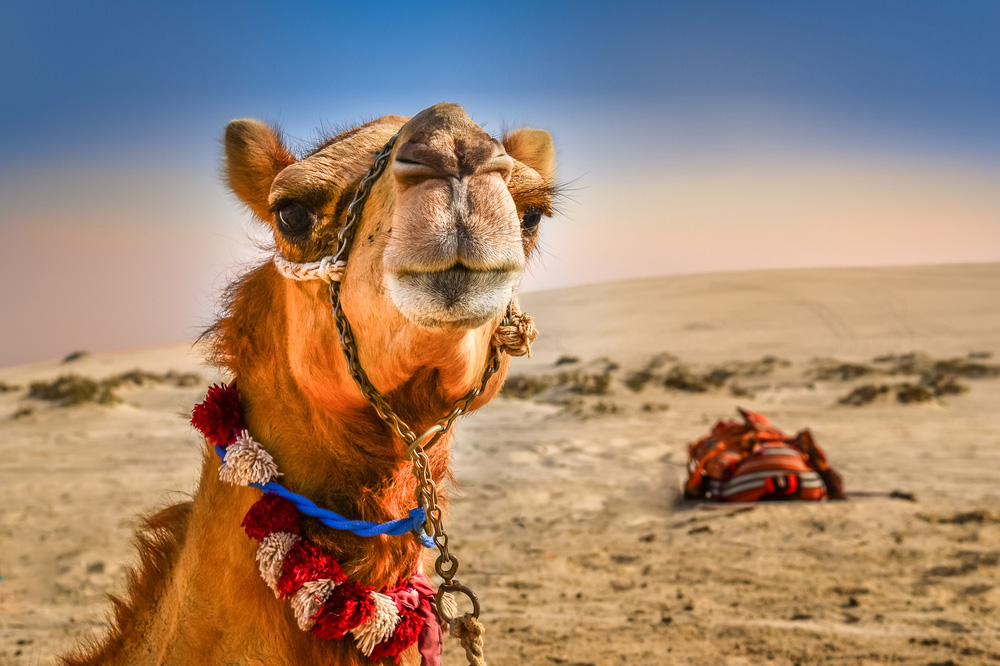
Over the last few years, Saudi Arabia has been working on protecting its rich natural heritage and diverse wildlife as part of the objectives of Vision 2030. For instance, Saudi Arabia signed a $20 million deal earlier this month with Panthera, a global wild cat conservation organization to save the Arabian leopard. This week, the country is intensifying its efforts with regards to protecting wildlife, as reported Arab News.
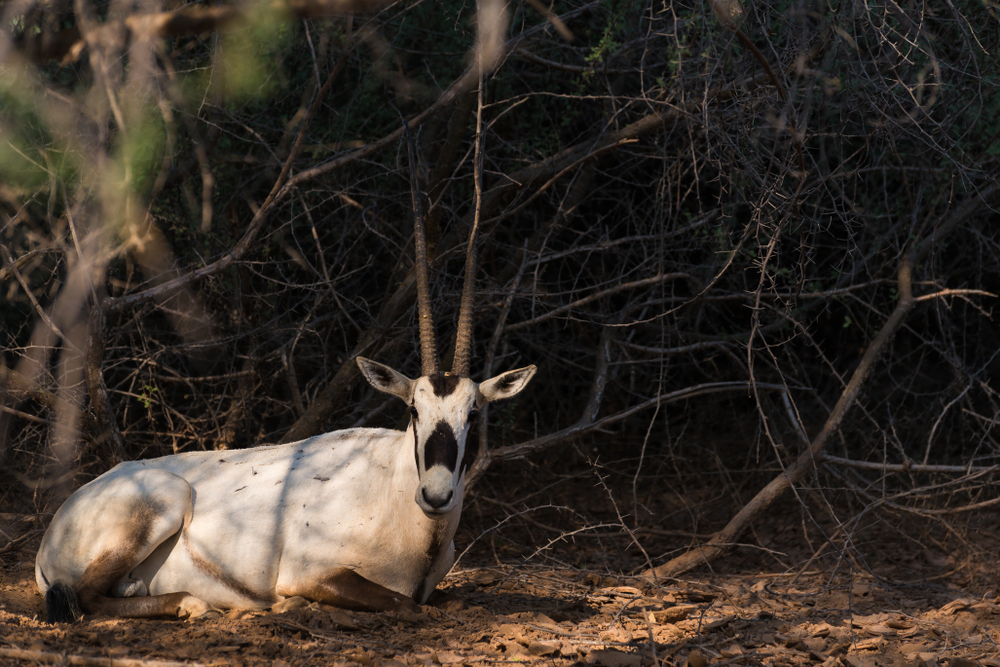
According to the news site, the Saudi Wildlife Authority joined forces with the International Fund for Animal Welfare “to provide the necessary knowledge and skills to the customs officers and other concerned authorities in the Kingdom in combating the illegal animal trade.”

Through a joint training program that took place this month, participants learned to identify wildlife species commonly traded in the region, and the training also aimed to strengthen awareness about the regulations and protocols under the Convention on International Trade in Endangered Species of Wild Fauna and Flora (CITES).
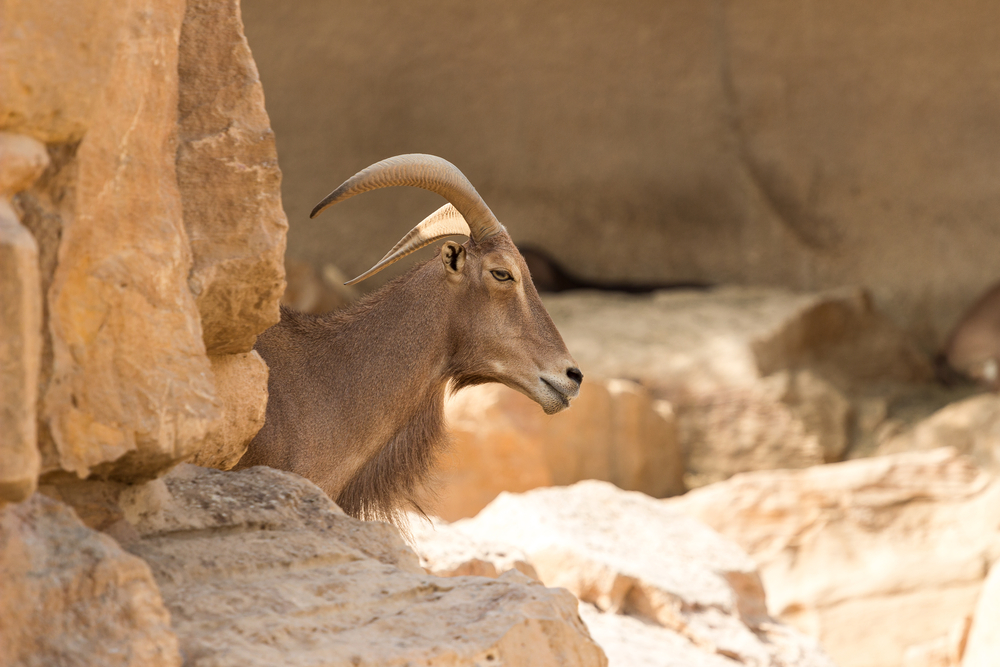
Fifty participants from various key sectors in Saudi Arabia took part in the capacity building training, coming from the Ministry of Environment, Water and Agriculture, the Ministry of Commerce and Investment, the Ministry of Municipal and Rural Affairs, the General Customs Authority, Border Guards, and the Saudi Wildlife Authority.
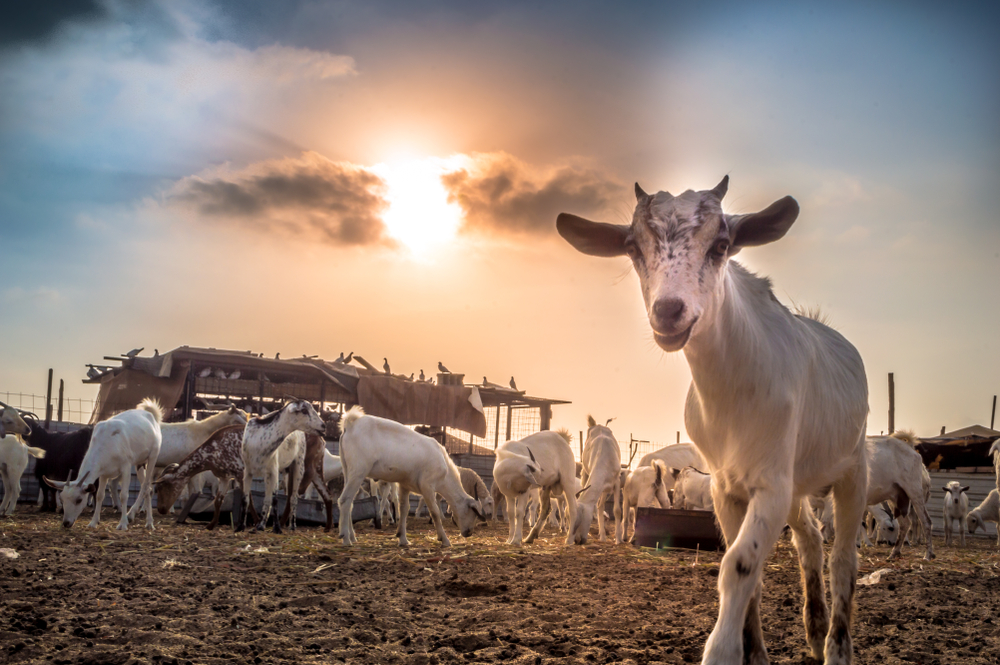
Earlier this year in April, Lawyer Dimah Talal Al-Sharif spoke to Arab News, explaining that Saudi Arabia bans the trafficking of endangered species and their products, and has a law that prevents the trade in any of these animals without any approval from the authority.
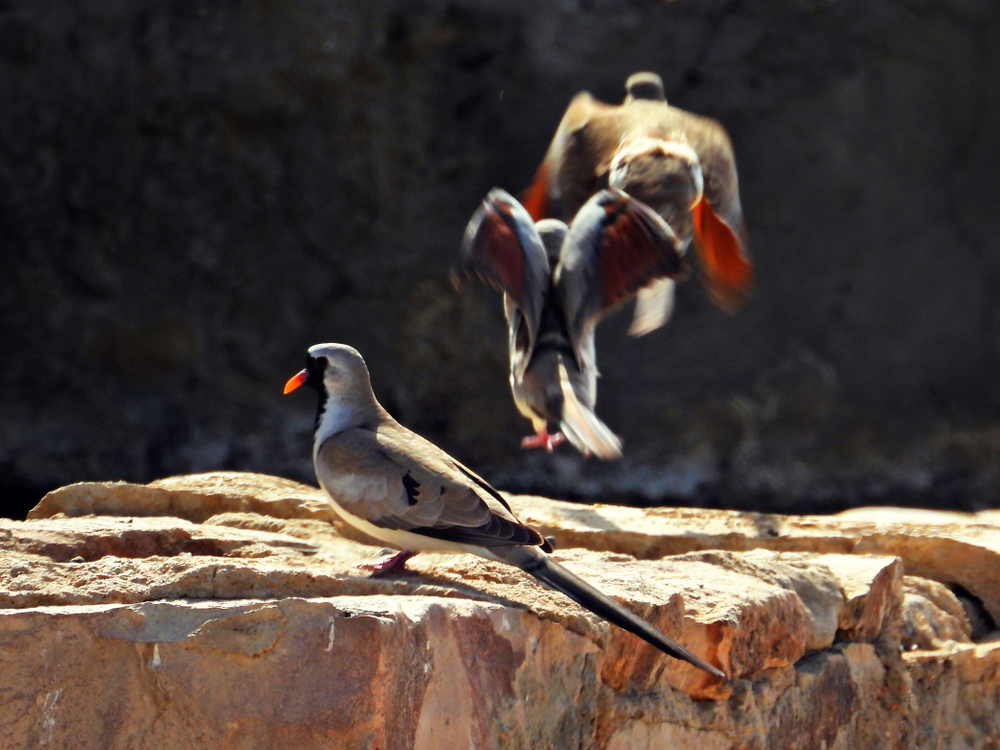
She also highlighted that violators “of this law shall be punished with a fine of not more than SR10,000 ($2,667). In case of repeated violation, the fine shall be doubled.”

















